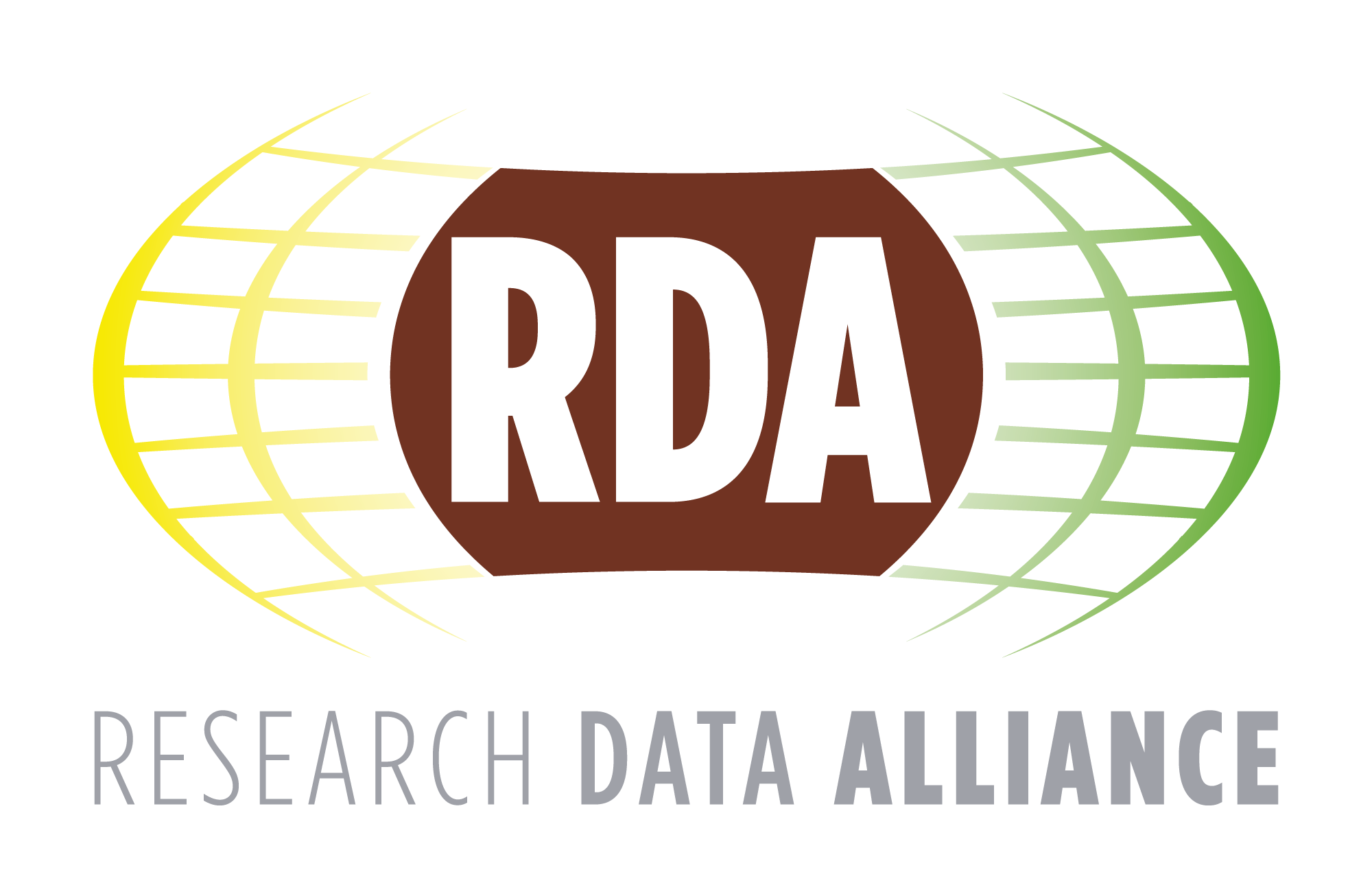Research Data Alliance helps researchers from various disciplines find a common language to data sharing solutions

Despite growing awareness of the benefits of open science, there are still significant barriers to its implementation in many disciplines. These obstacles range from a lack of understanding of how to conceptualise work in terms of data, especially within the humanities, to hesitancy in sharing data due to legal or ethical concerns. RDA has been engaging with different disciplines on data sharing for some years now and is aware of the wide ranging needs and levels especially among communities less engaged in Open Science.
Beth Knazook, project manager, research data at the Digital Repository of Ireland, notes that, historically, data sharing has not been a part of all disciplinary cultures. It's a fundamentally new concept that needs to be learned and integrated into these cultures. During training sessions with researchers from the humanities, she consistently emphasises the idea that their data can be whatever they decide, potentially encompassing everything they have gathered and created.
On the other hand, there are fields that are good at data collection, but are reluctant to share the output. In this case, there is a need for clear guidelines to facilitate proper sharing or restricted sharing where appropriate, particularly in fields dealing with sensitive data, according to Knazook.
“Compliance with the FAIR principles is not a ’yes’ or ‘no’ question, and FAIR data doesn't necessarily equate to fully open data,” she stresses. For example, a researcher could make their data FAIR by simply ensuring that other researchers are aware of the existence of the data.
Knowing when data is FAIR enough is not easy without help. Knazook emphasises that RDA domain ambassadors and other types of data champions play a crucial role in advancing open science and ensuring the adoption of FAIR data sharing. They provide supportive reassurance in context-specific scenarios, collaborate with researchers in their various disciplines, and set good examples.
Furthermore, they equip researchers with tools that facilitate FAIR data sharing and infrastructures aligned with FAIR principles in a variety of ways, by helping to interpret best practices, advocate for policy development, and contributing to training. Ambassadors help researchers see the importance of communicating their research as data, and to see the possibilities in producing additional data outputs.
Changing research incentives
Another barrier is that efficiencies that come with data reuse are not yet widely encouraged as part of good research practice. Knazook highlights that in certain fields there is a low barrier to re-collecting certain types of data, repeating experiments or running the same analyses. These activities are still often rewarded financially as they are expected and integrated into the research workflow.
Knazook also stresses the need to improve recognition and reward for data sharing within the academic career model. This is also an area the RDA is active in, running an interest group on data sharing rewards. Across all the disciplines, a major obstacle to data sharing is the associated workload. She points out that disciplines excelling in data sharing have aligned around infrastructures and tools that support digital capture, open file formats, compliance with metadata standards, and have well-curated repositories. “The key is making data sharing really easy with right tools,” Knazook explains.
To that end, the RDA has launched a project, called RDA TIGER (Targeted International working Groups for EOSC-related Research solutions), to provide a range of services to working groups within the alliance. These open calls and services include support for group inception and gaining access to grants, communicating ideas to existing and potential stakeholders, output support and guidance, as well as monitoring relevant global developments.
Sara El-Gebali, a RDA domain ambassador recalls how she engaged with fellow newcomers via the RDA to exchange experiences, address questions, and navigate the community together.
To those who have recently joined the RDA, El-Gebali’s advice is to start talking to others and not be afraid to ask any questions. She has also co-founded FAIRPoints, the event series highlighting pragmatic measures developed by the community towards the implementation of the FAIR data principles.
Moreover, El-Gebali has established a dedicated space to help new members with grasping news concepts and vocabulary. Though an Ask Me Anything panel, she identified major topics that underpin the advancements of open science and the adoption of FAIR data principles.
“My ultimate goal is to ensure that, beyond simply utilising the same terminology, people can access knowledge in an easy-to-understand and relaxed manner. They can ask literally anything with no judgement,” El-Gebali says. Furthermore, El-Gebali has created a fun guide to navigating the RDA universe, a light-hearted method to get to know people in a room during plenary sessions. Participants can take a short quiz to discover their RDA persona, and explore the roles of other community members. This approach works well as an ice-breaker and also helps people understand each other’s aspirations.
More about the programme can be found on the RDA website. To view the Projects funded and Ambassadors see here
This article has received funding from the European Union's Horizon 2020 research and innovation programme under grant agreement No 101017536 and is supported by the EOSC Future through the RDA, Open Call mechanism.







 A unique international forum for public research organisations and companies to connect their external engagement with strategic interests around their R&D system.
A unique international forum for public research organisations and companies to connect their external engagement with strategic interests around their R&D system.